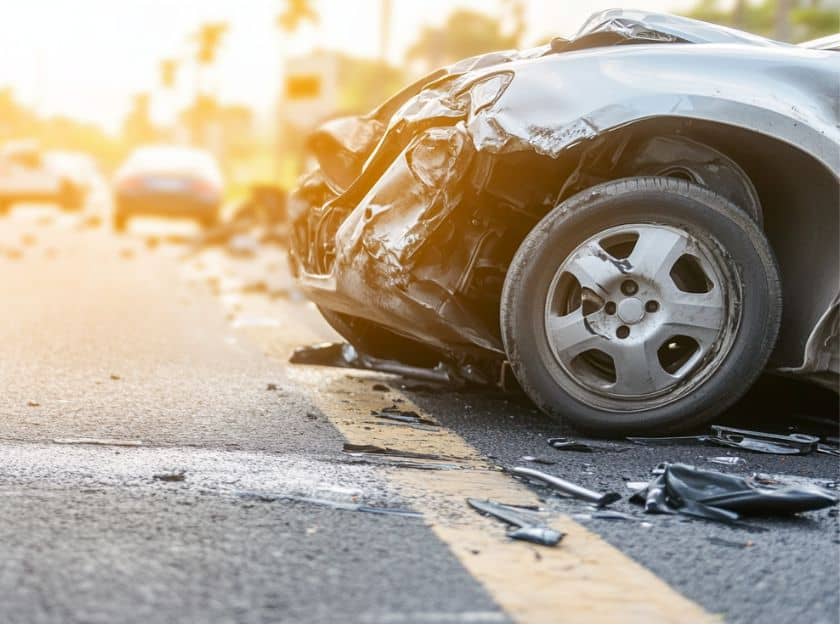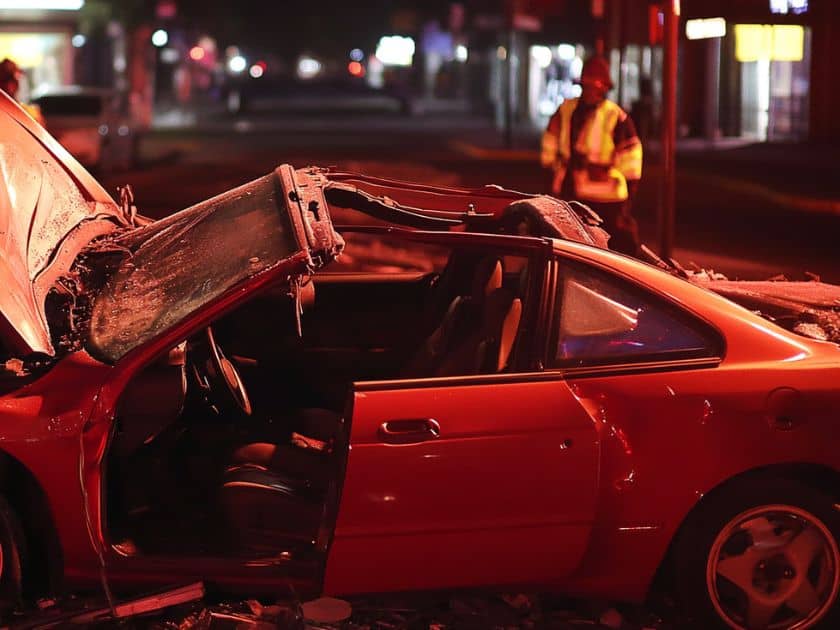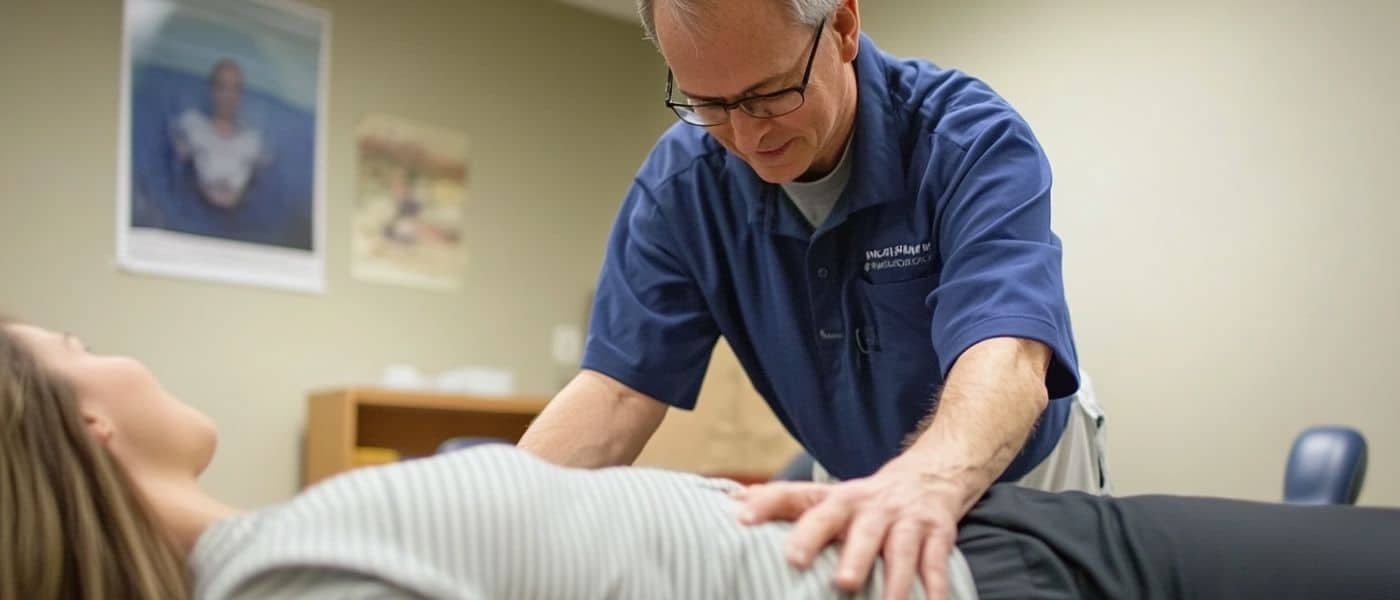Rollover Accidents and Roof Crush Injuries: Pursuing Claims in Colorado
Rollover accidents are some of the most dangerous and catastrophic incidents on the road. When a vehicle overturns, passengers are at significant risk of injury, particularly when it comes to roof crush injuries. This article explores the dynamics of rollover accidents, the devastating consequences of roof crush injuries, and the process of pursuing claims for compensation in Colorado.

Understanding Rollover Accidents
Rollover accidents occur when a vehicle tips onto its side or roof. These incidents often result from factors like high speeds, sharp turns, and sudden maneuvers. Vehicles with a high center of gravity, such as SUVs and trucks, are more susceptible to rollovers.
Consequences of Rollover Accidents
Rollover accidents can lead to a range of injuries, but one of the most severe types is roof crush injuries. These injuries occur when the vehicle’s roof collapses or deforms during the rollover, causing harm to occupants. Common roof crush injuries include head injuries, spinal cord injuries, fractures, and internal organ damage.
Legal Framework in Colorado
Colorado’s legal system provides specific protections for victims of rollover accidents. The state follows a modified comparative negligence system, which means victims can seek compensation even if they were partially at fault for the accident, as long as their share of fault doesn’t exceed 50%. Understanding these nuances becomes crucial when pursuing a legal claim.
Establishing liability in rollover cases often requires thorough investigation and expert testimony. Colorado courts consider multiple factors, including vehicle design, road conditions, and driver behavior. Sometimes, multiple parties may share responsibility – from vehicle manufacturers to road maintenance authorities.
Pursuing Compensation
When seeking compensation for rollover accident injuries in Colorado, victims must act within the state’s statute of limitations, which typically gives them three years from the date of the accident to file a claim. The compensation can cover various damages, including immediate medical expenses, ongoing rehabilitation costs, lost wages, and pain and suffering. In cases involving permanent disabilities, claims may also include future medical care and diminished earning capacity.
Insurance companies often attempt to minimize payouts in rollover cases. Their adjusters might argue that the accident resulted from driver error or that the injuries weren’t as severe as claimed. This is where experienced legal representation becomes invaluable – attorneys can help gather evidence, work with accident reconstruction experts, and negotiate with insurance companies from a position of strength.
Prevention and Safety Measures
Vehicle manufacturers have implemented numerous safety features to prevent rollover accidents and protect occupants when they do occur. Electronic stability control, reinforced roof structures, and side-curtain airbags have significantly improved vehicle safety. However, regular maintenance and responsible driving remain essential for preventing these dangerous incidents.
Colorado’s mountainous terrain and varying weather conditions create unique challenges for drivers. When traveling through the state’s diverse landscapes, maintaining appropriate speeds, being aware of changing road conditions, and ensuring proper tire maintenance become particularly important for preventing rollover accidents.
Recovery and Support
The aftermath of a rollover accident often extends beyond physical recovery. Many victims face psychological challenges, including anxiety about driving or post-traumatic stress disorder. Colorado’s healthcare system offers various rehabilitation programs and support services for accident victims. Support groups and counseling services can play crucial roles in the recovery process.
Looking Forward
As vehicle safety technology continues to advance, the nature of rollover accidents and related injuries evolves. Colorado’s legal framework adapts to these changes, incorporating new understanding of accident dynamics and safety features into liability considerations. Staying informed about these developments helps both drivers and legal professionals better address the challenges of rollover accident cases.

Pursuing Claims for Roof Crush Injuries in Colorado
Establishing Liability
To pursue a claim for roof crush injuries, you must establish liability, demonstrating that another party’s negligence or wrongful actions caused the accident. This could involve proving that the vehicle manufacturer, maintenance provider, or another driver was at fault.
Colorado’s Modified Comparative Fault System:
Colorado follows a modified comparative fault system, which means that if you are partially at fault for the accident, your compensation may be reduced by your percentage of fault. However, if you are found to be more than 50% at fault, you may not recover any compensation.
Product Liability Claims
In cases where a defective vehicle design or manufacturing defect contributed to the roof crush injuries, you may pursue a product liability claim against the manufacturer or distributor.
Insurance Claims
You may seek compensation through your own insurance policy’s personal injury protection (PIP) coverage, which can help cover medical expenses and lost wages. Additionally, if the at-fault driver is underinsured or uninsured, you may rely on your own underinsured/uninsured motorist coverage.
Consulting an Attorney
Pursuing claims for roof crush injuries can be complex and challenging. It is essential to consult with an experienced personal injury attorney who can assess your case, gather evidence, identify liable parties, and navigate the legal process on your behalf.
Medical Documentation
Comprehensive medical documentation is crucial to supporting your claim. Ensure you receive prompt and thorough medical evaluation and treatment for your injuries.
Damages
Roof crush injuries can result in extensive medical bills, ongoing rehabilitation, lost wages, and pain and suffering. Your attorney will help you calculate the full extent of your damages to seek fair compensation.
Rollover accidents leading to roof crush injuries can have life-altering consequences for victims. Pursuing claims for compensation in Colorado involves establishing liability, navigating the state’s comparative fault system, and, in some cases, filing product liability claims against vehicle manufacturers. If you or a loved one has suffered roof crush injuries in a rollover accident, consulting with a knowledgeable personal injury attorney is essential. They can guide you through the legal process, advocate for your rights, and help you seek the compensation you need to cope with the physical, emotional, and financial burdens caused by these devastating injuries.



